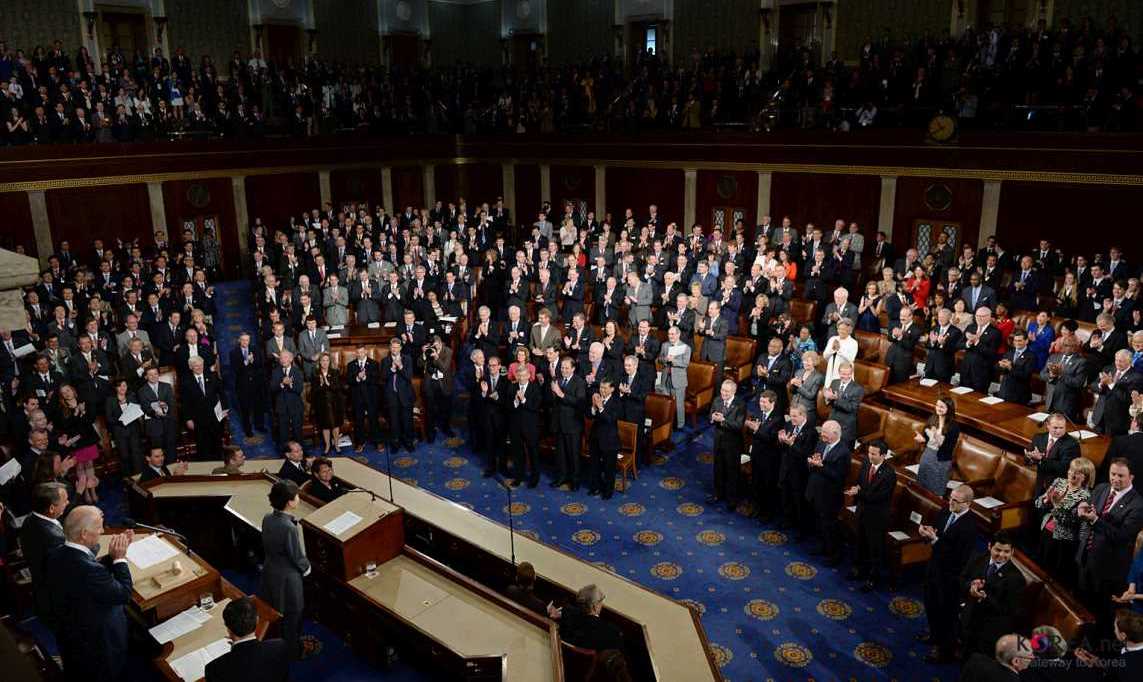Congress Again Fails to Discover Collusion to Subvert the 2016 Election
May 3 2018 / 1:31 pm
There have been a number of developments in the endless inquiry into possible collusion between the Russian government and Donald Trump to manipulate perceptions and voting relating to the two presidential candidates in the November 2016 election. In particular, it has been alleged that the Russians were, with the connivance of some in the Trump team, able to obtain information damaging to Hillary Clinton while also misusing social media to send a message critical of the Democratic Party candidate.
“Russiagate” was born out of a desire to explain how Trump was able to defeat the Establishment candidate Clinton and it quickly focused on emails in possession of Wikileaks and meetings of Trump associates with Russians as a plausible explanation for the electoral result. The media opined that “It had to be the Russians,” who also had motive in their recognizing that Clinton was the stronger candidate whose harsh and steely glare was focused on the various crimes and misdemeanors alleged to be committed by Kremlin President Vladimir Putin in places like Ukraine and Georgia, not to mention Syria. Clinton’s campaign message was that she was prepared to do something about Putin while Trump was instead arguing that a good relationship with Moscow was a sine qua non for American foreign policy.
There are currently three investigations proceeding simultaneously looking into the Russian-Trump collusion, though one of them has finally come to an end. The House of Representatives’ Intelligence Committee investigation has concluded that there was no evidence that there had been “collusion, conspiracy, or coordination between the Trump campaign and the Russians” to influence or subvert the outcome of the election. The committee did, however, accept that there had been Russian “active measures” interference, apparently based largely on assumptions about WikiLeaks and the alleged activities of employees of Putin confidant Yevgeny Prigozhin’s Internet Research Agency on social media sites.
However, no evidence was produced by the committee to support the claim of Kremlin interference, described as an influence campaign having “strategic objectives for disrupting the US election,” and it is to be presumed that the judgement is based on suspicions regarding Russian behavior as well as assessments produced by administrators of the social sites themselves which revealed sketchy and often contradictory evidence based on presumed political ads purchased by the various Russian entities. Even the US media admits that the Facebook ads had little or no real impact on the election while claims that Democratic Party emails were either hacked or stolen by Russian agents or proxies have never been demonstrated.
Nor is there any actual evidence in the Congressional report that anyone in the Kremlin was trying to help Donald J. Trump get elected and it is interesting to note that many of the allegations about insinuations of foreign involvement in the election can be traced back for former senior intelligence figures who were themselves active in the Clinton campaign.
The House judgment was immediately attacked by the media and also by the outnumbered Democrats on the committee, claiming that the “premature” decision to end the investigation was political, to bail out an under-pressure president, but no one has produced any evidence suggesting that the contacts between Russians and Americans, “ill-advised” as some of them were, led to any deliberate or incidental electoral malfeasance. The Democrats and their allies in the media merely assert that more digging and additional otherwise unidentified witnesses would have produced the desired result.
Meanwhile, the investigation continues at the offices of the Robert Mueller Special Counsel and also at the Senate Intelligence Committee, which has proportionately more Democrats on board than does the corresponding committee at the House of Representatives. Senator Mark Warner has already warned that the work of his committee will continue, presumably until their either find something or have to finally admit that there is nothing to find.
Concerning Mueller there are daily newspaper reports explaining how his noose is tightening around President Trump, though no one quite explains credibly how that is so. What is clear so far is that Donald Trump is a highly immoral man by most standards and that a lot of his friends, if not criminals, were engaged in activity that might easily be described as sleazy. But sleazy does not exactly equate to a deliberate attempt to fix a national election and subvert the Constitution of the United States of America.

